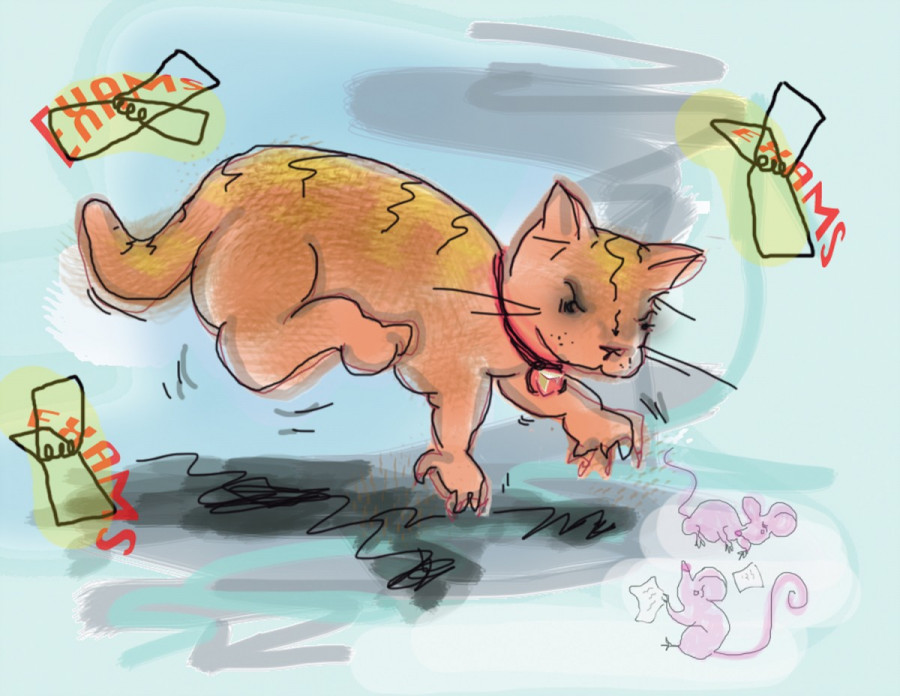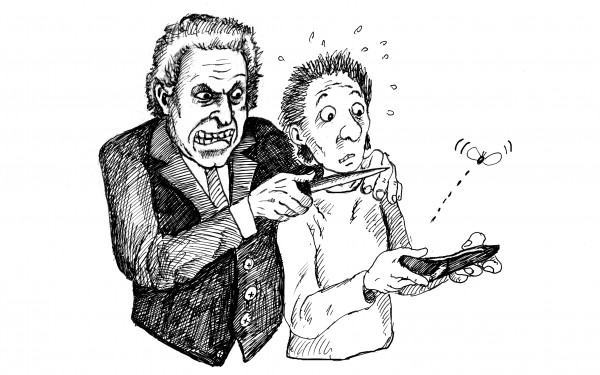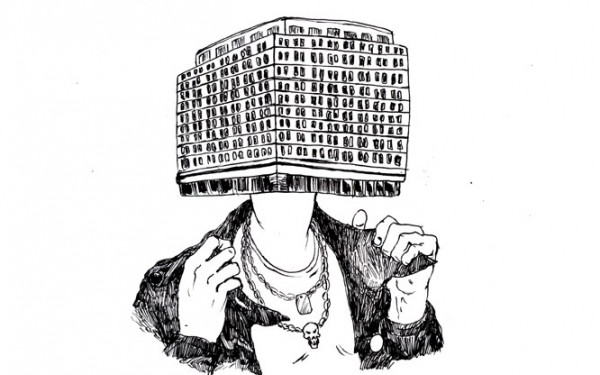Editorial: Despite a Climate of Budget Cuts, Exam Invigilators Deserve a Union
Anyone who’s written an exam at Concordia has probably noticed just how bizarre their circumstances are. In a dreary, silent room with most of your belongings confiscated, the tension is palpable for students and exam invigilators alike.
Under pressure, some individuals might try to trade their honour for a desirable grade. Imagine if only a minority of a class is unprepared and ready to cheat—10 students scattered around a lecture theatre that can seat 100 is still difficult to keep track of.
This is the job of an invigilator, and the ones working at Concordia are being paid the least out of all Montreal’s universities for their stressful work.
Understandably, they want to form a union.
Although the university claims to be working in good faith with invigilators assisted by Teaching and Research Assistants at Concordia, TRAC suspects that administrators are deploying stalling tactics to avoid having to deal with unionization as budgets are slashed.
It’s another kink in Concordia’s complicated relationship with union rights.
Two years ago, the labour climate at Concordia left much to be desired. Last September, over half of Concordia’s 13 unions were without contracts. Union leaders described Concordia’s strategy as “delay, delay, delay.”
Fast forward a little over a year and we’ve seen considerable improvement in the labour climate at the university.
The Concordia University Part-Time Faculty Association reached an agreement in principle with the university in October, leaving the branch of the Public Service Alliance of Canada representing research assistants and research associates who are not Concordia students as the only union currently without a contract. All other Concordia unions now have tentative or ratified agreements in place.
However, given the capricious nature of the university’s budget situation and recent austerity measures implemented by the provincial government, the university and its labour unions have made many of these contracts short-term.
The university’s contracts with its support staff, library employees, teaching assistants, research assistants and part- and full-time faculty members will expire at the end of May 2015. By next September, part-time faculty at the Centre for Continuing Education will be added to the list of those without a contract.
That’ll mean a whole new round of collective bargaining just a year or two after the last contracts were ratified. The university has just started to reestablish good faith with the unions and both parties will have to enter these new negotiations with a willingness to move on their demands and find common ground, lest we go back to a time of labour strife.
As the university has been scrambling to deal with provincial budget cuts, long-term planning has fallen by the wayside. Not only has the university opted for short-term contracts with its labour unions, but it has also put off developing a new strategic plan.
But it’s not like Concordia is facing an untamed frontier—there are already several models it could look to.
McGill’s invigilators have been unionized since 2010 under McGill’s graduate student teaching union and ratified a collective agreement early last year. Their agreement sets the salary for invigilators at $10.65 an hour ($11.08 with 4 per cent vacation pay) and a paid 15-minute break for every four hours worked.
Although McGill’s wages are far from ideal—the unionized invigilators had hoped to reach $15.25 an hour during negotiations in 2013—they have had a union for invigilators for four and a half years. Their agreement guarantees paid overtime and training and includes standards for the application and hiring process, priority for applicants with experience and information on working conditions like the length of shifts and sick leave policies.
Concordia spokesperson Chris Mota was completely correct in saying that exam invigilators make up a diverse demographic—but this doesn’t mean that forming a union wouldn’t make sense. For a diverse workforce, many of whom are practically exploited, a union would be a major step towards a more dignified working life, especially as austerity tightens its grip.
The fact is that invigilators are part of the Concordia community too. Their struggles mirror our own, and they deserve our attention, compassion and support.





WEB_600_375_90_s_c1.jpg)
